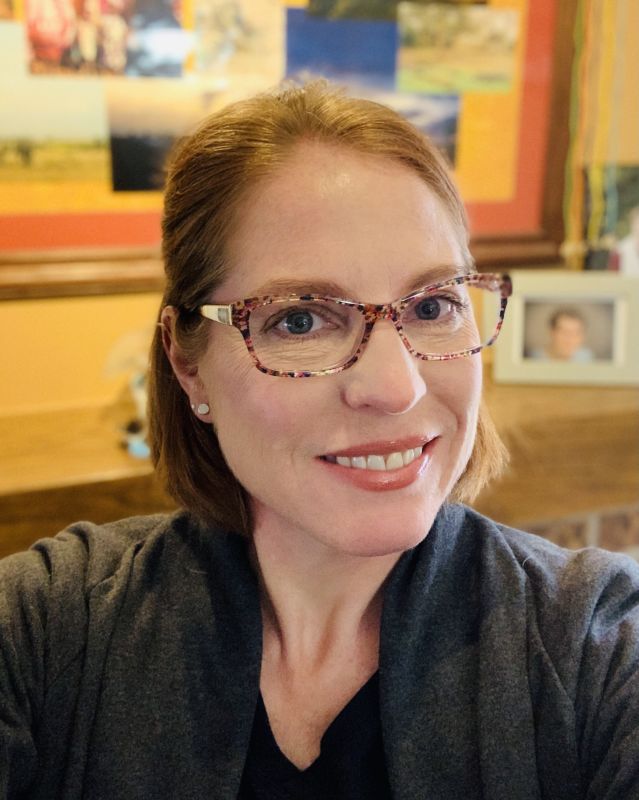
Greetings!
Welcome to 2021 and keep your seatbelts fastened. This year looks to be as “interesting” a year as 2020, but we can all hope that it is interesting in much more positive, adaptive ways. If nothing else, 2020 (and our burgeoning new year) have taught us just how strongly culture and values influence our everyday lives. Of course, culture is not monolithic, and presents itself in ecological levels similar to the presentation of “community.” This issue looks at culture from a number of levels and provides some interesting ideas about the impact of culture and the negative effects when culture and values do not coincide.
To begin, Viquez et. al. explores the personal projects of skilled workers migrating to Quebec, Canada. While the value of supporting skilled workers to immigrate is shared by many, this paper shows how those values are reflected in the culture that these migrants are relocated into. Viquez et. al eloquently say it this way: “Skilled Latin American workers are often caught between migration policies and a reality that does not necessarily translate these policies into adequate settlement practices.” To the extent that policy reflect the stated values and the settlement practices reflect the extant culture of support for these migrants, the disconnect has real consequences.
Next, Tome and colleagues review the research about mental health and well-being interventions in schools. One of the big take-aways is that whole-school, cultural integration of the interventions leads to better results. Again, making sure culture meets reality leads to better outcomes.
Third, Agner argues that the culture and values of community psychology, especially practice, require the use of participatory methods in order to prevent the exploitation of those community psychologists are trying to support.
Finally, Glantsman and Jason discuss what happens in workplaces where the culture and values do or do not match those of the community psychologists employed.
The essence of this issue to re-examinig how expressing values must be reflected in the culture of our existence in order to see outcomes across domains remain healthy and balanced. We hope this inspires reflection for our readers and inspires us all to seek to maximize the match.
Be well and stay safe,
Nicole
 Nicole Freund
Nicole Freund
Nicole Freund, MA, MBA, PhD
Editor, Global Journal of Community Psychology Practice
Research Scientist, Center for Applied Research and Evaluation
Community Engagement Institute
Wichita State University
editor@gjcpp.org